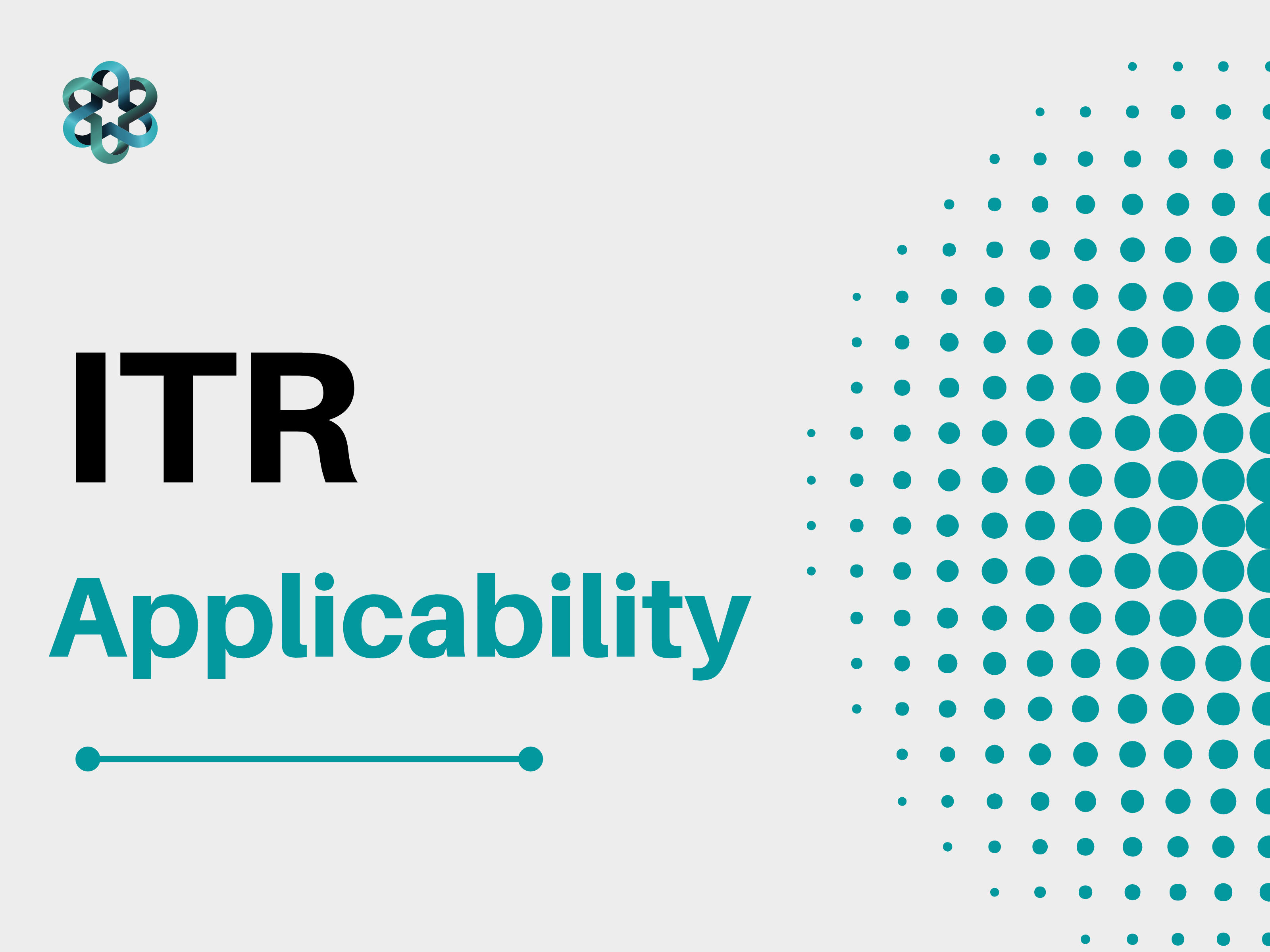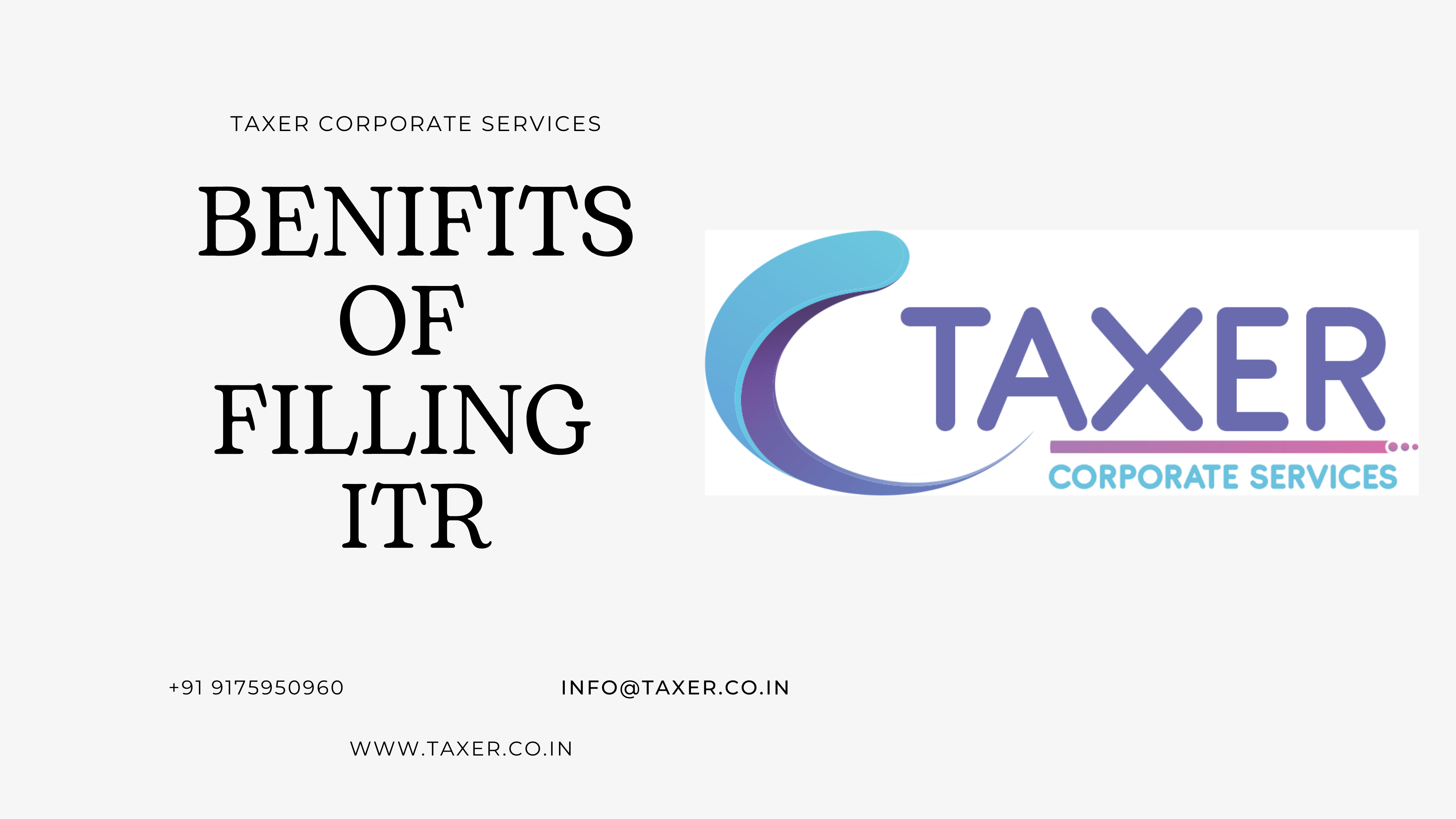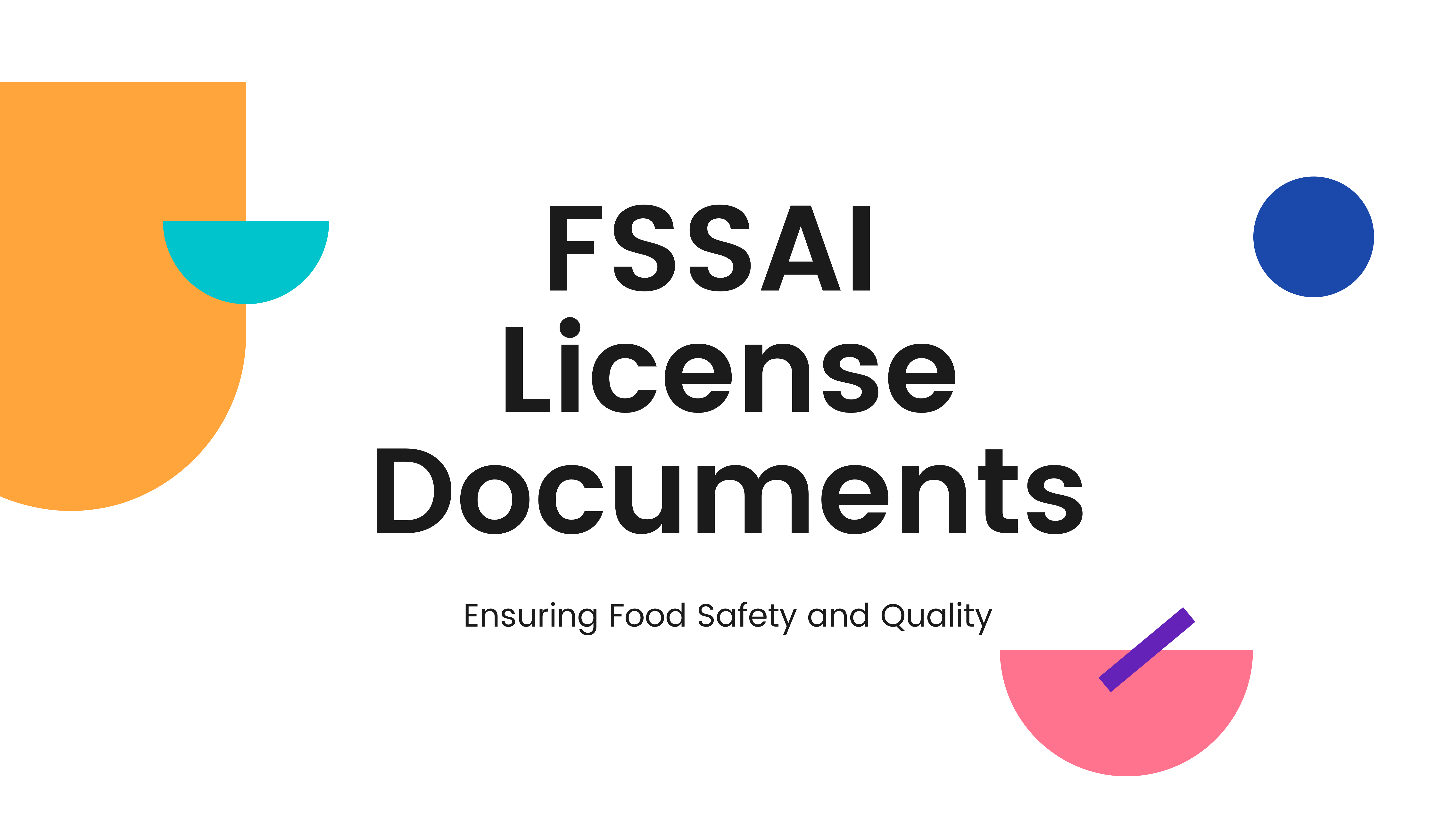
Understanding the Applicability of ITR Forms for FY 2022-23 (AY 2023-24)
Introduction:
Filing income tax returns (ITR) is an essential
responsibility for every taxpayer. It helps the government assess individuals'
tax liabilities and ensures compliance with tax regulations. Each financial
year (FY) is associated with a corresponding assessment year (AY), during which
taxpayers file their ITR. In this blog, we will explore the applicability of
ITR forms for FY 2022-23, also known as AY 2023-24, and provide a comprehensive
understanding of the different forms available.
ITR Forms and their Applicability:
The Income Tax Department of India has designed various ITR
forms to cater to the different types of income and categories of taxpayers.
The applicable ITR form depends on the nature and amount of income earned, as
well as the individual's residential status. Let's discuss the primary ITR
forms for FY 2022-23 (AY 2023-24) and their applicability.
ITR-1 (Sahaj):
ITR-1 is the most straightforward form and is applicable to
individuals being a resident (other than not ordinarily resident) having total
income up to Rs. 50 lakhs. It covers income from salary, one house property,
other sources (excluding winning from lottery and racehorses), and agricultural
income up to Rs. 5,000. If you have income from more than one house property or
have capital gains or foreign assets, ITR-1 may not be suitable.
ITR-2:
ITR-2 is applicable to individuals and Hindu Undivided
Families (HUFs) not having income from profits and gains of business or
profession. It includes income from salary, house property, capital gains, and
other sources. If you are a resident with income from a business or profession,
or if you are a director of a company, you need to file ITR-3 or ITR-4.
ITR-3:
ITR-3 is applicable to individuals and HUFs having income
from profits and gains of business or profession. It covers income from salary,
house property, capital gains, and other sources, along with income from
business or profession as per the prescribed tax audit limit.
ITR-4 (Sugam):
ITR-4 is applicable to individuals, HUFs, and firms (other
than Limited Liability Partnerships) having presumptive income from business or
profession. It is suitable for individuals with turnover up to Rs. 2 crores
under the presumptive taxation scheme.
ITR-5:
ITR-5 is applicable to partnership firms, limited liability
partnerships (LLPs), association of persons (AOPs), and body of individuals
(BOIs). It also includes entities such as estates and trusts.
ITR-6:
ITR-6 is applicable to companies other than those claiming
exemption under section 11 (income from property held for charitable or
religious purposes).
ITR-7:
ITR-7 is applicable to persons, including companies, who are
required to furnish a return under sections 139(4A), 139(4B), 139(4C), or
139(4D) (i.e., trusts, political parties, institutions, colleges, etc.).
Choosing the Right ITR Form:
Selecting the correct ITR form is crucial as it ensures
accurate reporting of income and prevents any complications during the
assessment process. It is recommended to thoroughly understand the nature of
your income and consult a tax professional if needed. The Income Tax
Department's e-filing portal provides detailed instructions and guidance to
assist taxpayers in choosing the appropriate form.
Important Dates and Filing Procedures:
For FY 2022-23 (AY 2023-24), the due dates for filing ITR
forms may vary based on the taxpayer's category. Typically, the deadline for
filing ITR is July 31st of the assessment year. However, it is advisable to
stay updated with the official announcements by the Income Tax Department to
ensure compliance with the latest guidelines.
Conclusion:
Filing ITR forms is an integral part of fulfilling one's tax
obligations and ensuring compliance with the Income Tax Act. Understanding the
applicability of different ITR forms for FY 2022-23 (AY 2023-24) is crucial for
taxpayers to avoid errors and penalties. It is recommended to carefully assess
your income sources, seek professional guidance if required, and file your ITR
within the specified timelines. By doing so, you contribute to the nation's
development and maintain a transparent financial record.









.jpeg)
